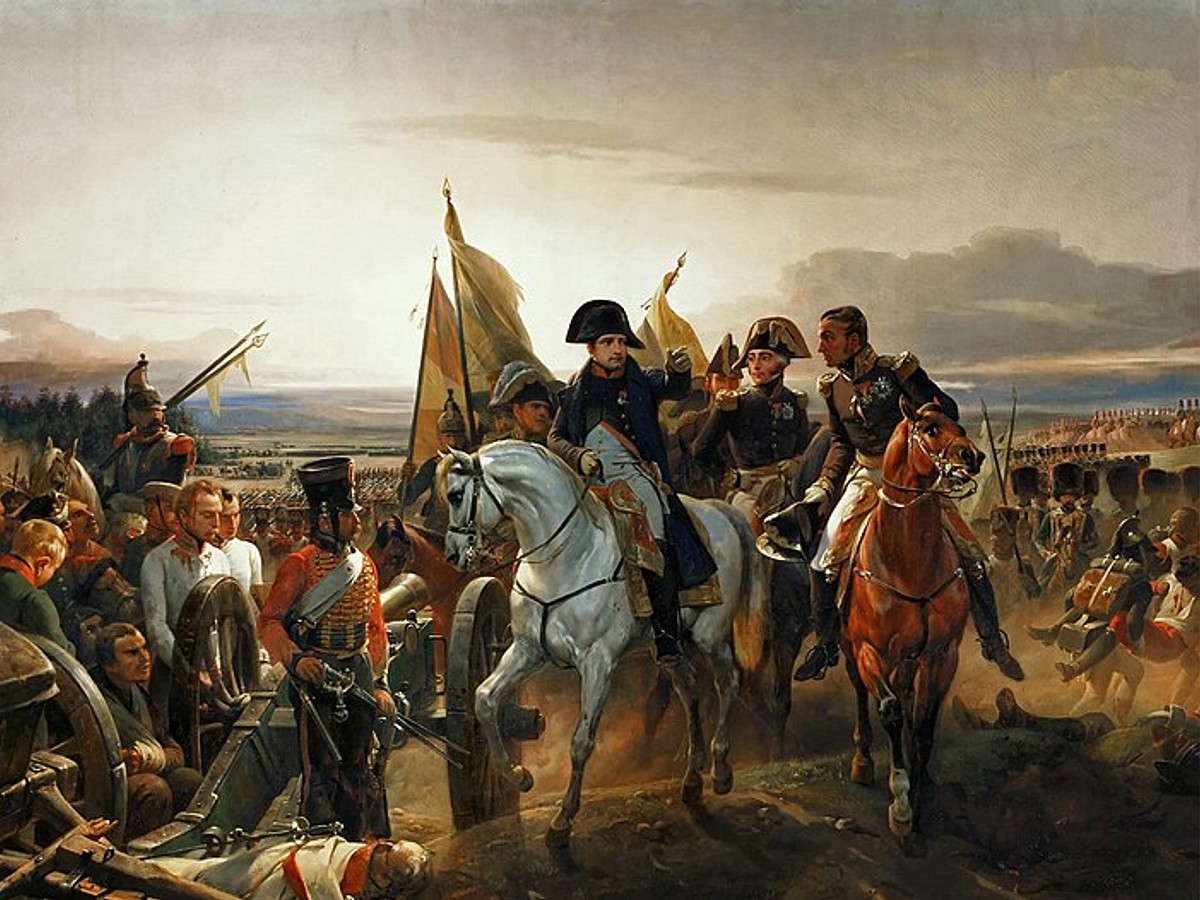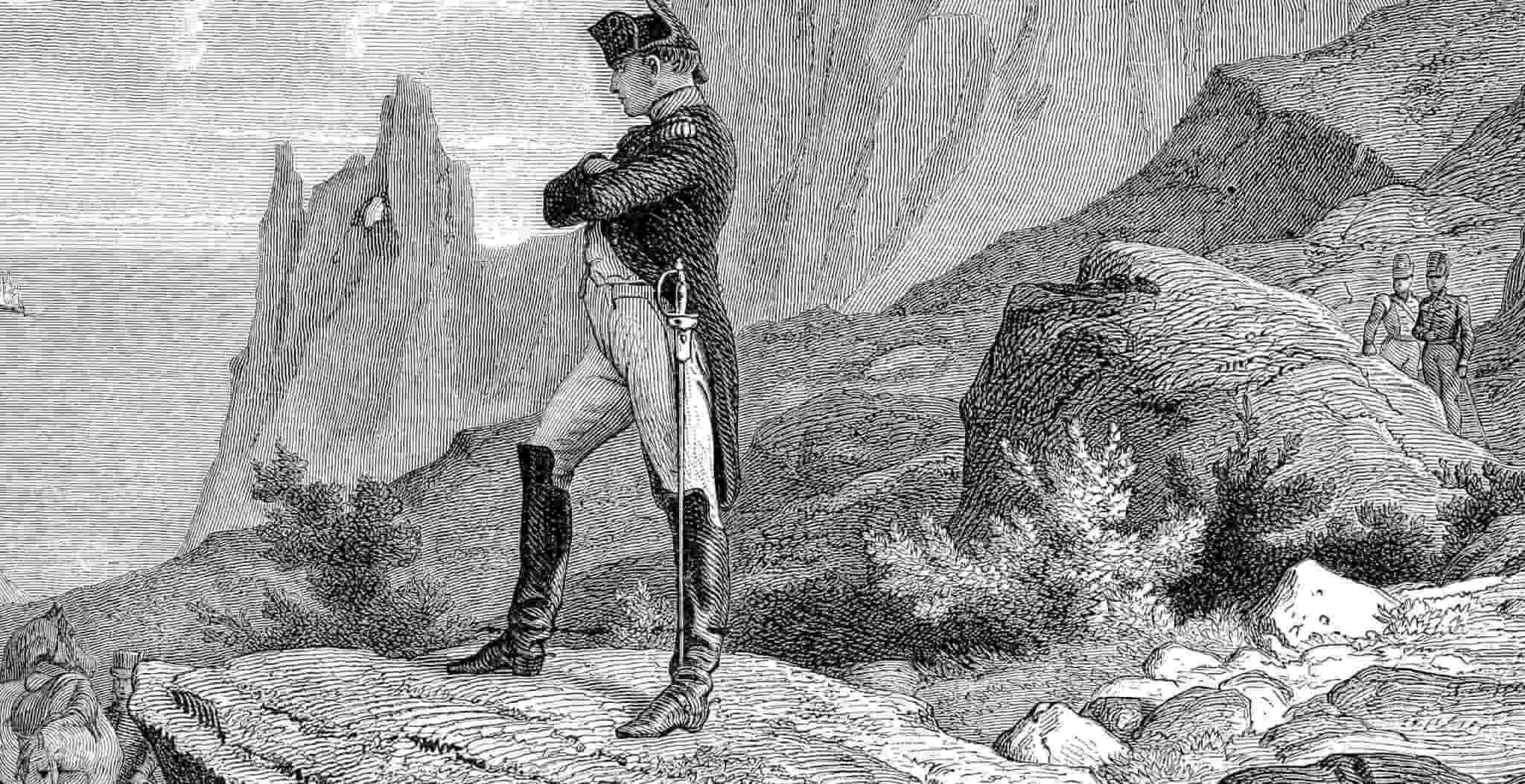Napoleon: From Corsican Lieutenant to Emperor of Europe
Napoleon Bonaparte. The very name conjures images of military brilliance, political ambition, and a meteoric rise that shook the foundations of Europe. But who was this complex and controversial figure? This article delves into the life and legacy of Napoleon, exploring his triumphs and failures, and the mark he left on history.
From Humble Beginnings to Revolutionary Hero
Napoleon
The Power of the Coup: Seizing the Mantle of Emperor
Consulate
Empire Building: Conquest and Continental Domination
Friedland
Napoleon embarked on a series of military campaigns, conquering vast territories and establishing puppet states across Europe. His innovative tactics, combined with the dedication of his Grand Army, led to victories at Austerlitz, Jena, and Friedland, shattering the old order and creating an empire stretching from Spain to Poland.
The Turning Tide: Moscow and the Seeds of Downfall
 However, Napoleon's ambition outstripped his resources. His disastrous invasion of Russia in 1812 proved a turning point. The harsh winter, fierce resistance, and logistical nightmares decimated his Grand Army, marking the beginning of his decline.
However, Napoleon's ambition outstripped his resources. His disastrous invasion of Russia in 1812 proved a turning point. The harsh winter, fierce resistance, and logistical nightmares decimated his Grand Army, marking the beginning of his decline.
Exile and Legacy: A Titan Cast Down
Exile Defeated by a coalition of European powers, Napoleon was exiled to the island of Elba in 1814. However, his escape and "Hundred Days" reign ended with his final defeat at Waterloo in 1815. He was banished to the remote island of St. Helena, where he spent his remaining years writing memoirs and reflecting on his legacy.
Defeated by a coalition of European powers, Napoleon was exiled to the island of Elba in 1814. However, his escape and "Hundred Days" reign ended with his final defeat at Waterloo in 1815. He was banished to the remote island of St. Helena, where he spent his remaining years writing memoirs and reflecting on his legacy.
A Controversial Colossus: Impact and Enduring Fascination
Napoleon's life remains a source of endless debate. He is hailed for his military genius, legal reforms, and modernization of France. Yet, his conquests unleashed suffering and instability across Europe. His legacy is a complex tapestry woven with brilliance, ambition, and ultimately, overreach.
Beyond the Battlefields: Napoleon's Lasting Influence
Napoleon's impact extends far beyond military campaigns. He codified many revolutionary ideals, his legal code influencing laws across the globe. He modernized administration, infrastructure, and education in France, leaving a lasting mark on the nation.
In Conclusion: Napoleon, the Man and the Myth
Napoleon remains a captivating figure, a man who rose from obscurity to conquer vast territories and redefine the political landscape of Europe. His story is a reminder of the power of ambition, the fragility of empires, and the enduring impact of individuals on the course of history.
This article is merely a glimpse into the life and legacy of Napoleon Bonaparte. To truly understand this complex figure, further exploration of his campaigns, reforms, and personal life is necessary. However, the core lessons remain: ambition can be a powerful force, but even empires built on conquest ultimately crumble, leaving behind legacies both celebrated and debated.
















































